AS KNOWLEDGE RECIPIENT (DEMAND)
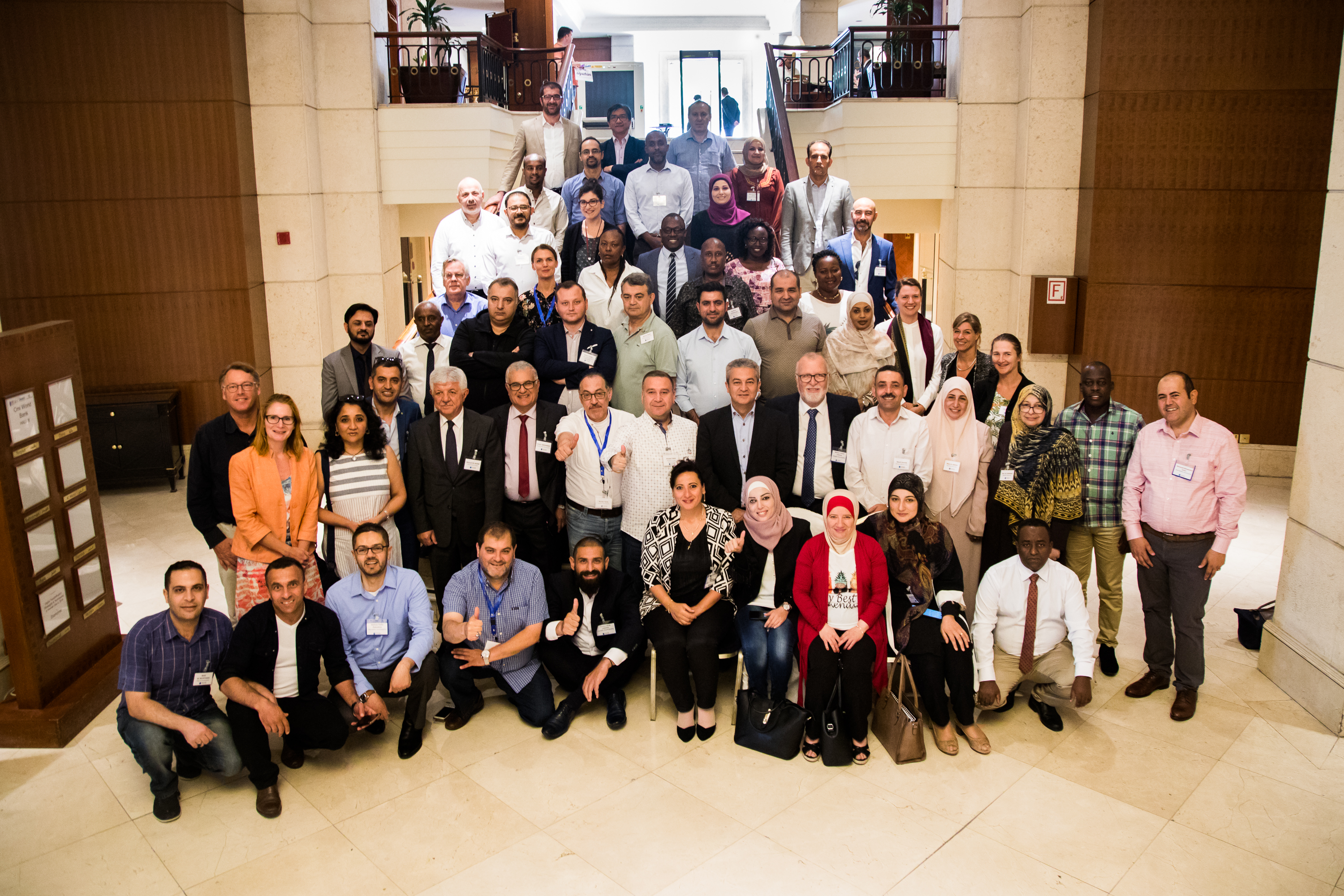
Local economic development in municipalities hosting forcibly displaced people
Forced displacement is among the most pressing challenges in the Eastern Mediterranean region. In the Middle East and Turkey, the Syrian refugee crisis involves humanitarian challenges coupled with significant spillover effects in neighboring regions.
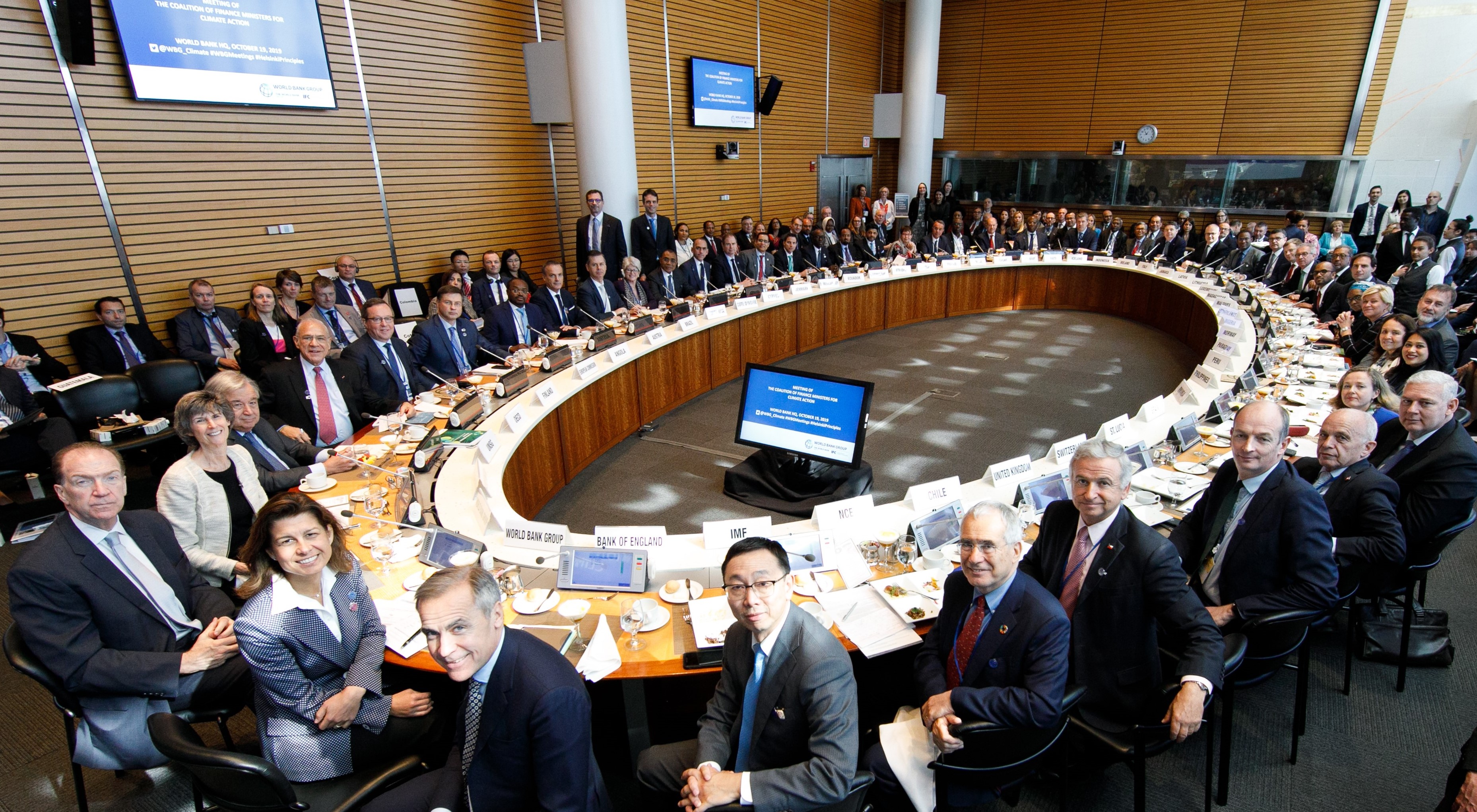
Action Learning Support to CAPE – Climate Action Peer Exchange
Climate Action Peer Exchange (CAPE) is a forum for peer learning, knowledge sharing, and mutual advisory support.
Providing country: China, Colombia, Tanzania, Kenya, Uganda, St. Kitts and Nevis, Chile, Morocco, Vietnam, Argentina, Austria, Bangladesh, Canada, Costa Rica, Cote d'Ivoire, Denmark, Dominican Republic, Ecuador, Equatorial Guinea, Ethiopia, Finland, Fiji, France, Germany, Ghana, Guatemala, Greece, Iceland, Indonesia, Ireland, Italy, Jamaica, Kenya, Latvia, Lithuania, Luxembourg, Madagascar, Maldives, Marshall Islands, Mexico, Monaco, Netherlands, New Zealand, Nigeria, Norway, Panama, Paraguay, Philippines, Poland, Portugal, Spain, Sri Lanka, Sweden, Switzerland, Tonga, Uganda, United Kingdom, Uruguay
Receiving country: China, Colombia, Tanzania, Kenya, Uganda, St. Kitts and Nevis, Chile, Argentina, Austria, Bangladesh, Canada, Chile, Colombia, Costa Rica, Cote d'Ivoire, Denmark, Dominican Republic, Ecuador, Equatorial Guinea, Ethiopia, Finland, Fiji, France, Germany, Ghana, Guatemala, Greece, Iceland, Indonesia, Ireland, Italy, Jamaica, Kenya, Latvia, Lithuania, Luxembourg, Madagascar, Maldives, Marshall Islands, Mexico, Monaco, Netherlands, New Zealand, Nigeria, Norway, Panama, Paraguay, Philippines, Poland, Portugal, Spain, Sri Lanka, Sweden, Switzerland, Tonga, Uganda, United Kingdom, Uruguay, Morocco, Vietnam
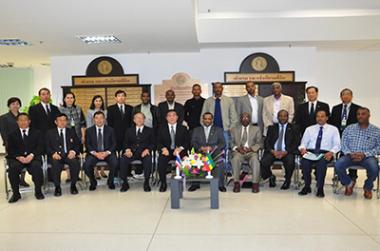
Improving Land Administration in Ethiopia
To speed the transition from subsistence to commercial agriculture, Ethiopia recognized that it needed to reform its land administration. However, the country’s mechanisms for enforcing property rights, lowering transaction costs, and encouraging investment in land were weak.
Receiving country: Ethiopia
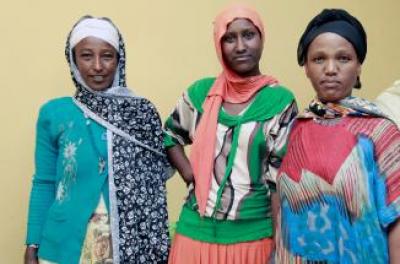
Supporting Female Entrepreneurship in Ethiopia
What was the objective of the South-South exchange? : The Development Bank of Ethiopia (DBE) sought to learn from India how to implement and sustain a credit facility dedicated to women’s economic empowerment leveraging microfinance institutions, as part of the World Bank’s funded Women Entrepreneurship Development Project (WEDP) in Ethiopia.
Providing country: India
Receiving country: Ethiopia
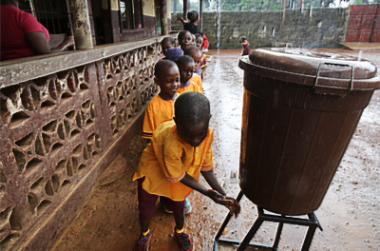
Improving Transparency in Extractive Industries in Ethiopia, and Tanzania
Ethiopia and Tanzania are rich in natural resources, but both face questions on how to best govern the mining industry to ensure economic transparency and growth. The Extractive Industry Transparency Initiative (EITI) helps address the development and governance challenges facing these and other resource-rich nations.
Providing country: Liberia
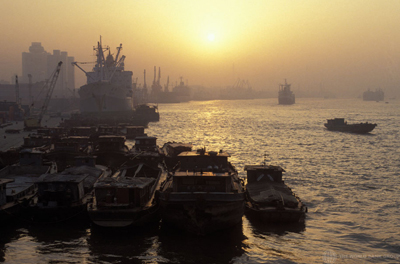
Improving Infrastructure and Special Economic Zones (SEZs) in Africa
The governments of Africa want to improve the investment climate and reduce poverty in their countries through modernization and industrialization. Learning from the Asian experience, many governments are developing Special Economic Zones (SEZs) to achieve these goals. Chinese knowledge, experience, and investment have been invaluable in
Providing country: China
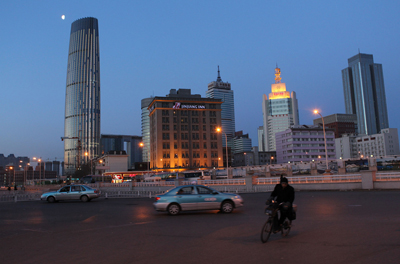
Africa Learns Best Practices on Special Economic Zones (SEZs)
Most African countries see industrialization as part of their path to economic growth. Many are developing Special Economic Zones (SEZs) to improve economic performance, but they are experiencing implementation challenges. As a result, there is a growing demand to learn from successful strategies in SEZ development.
Providing country: China

 China
China Colombia
Colombia Denmark
Denmark India
India Indonesia
Indonesia Mexico
Mexico Russian Federation
Russian Federation Spain
Spain United Kingdom
United Kingdom